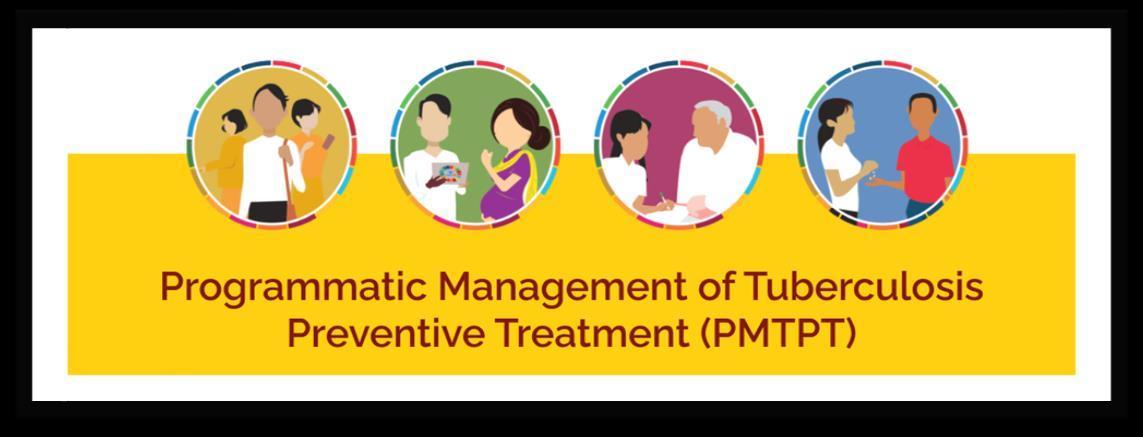Haemoptysis:
What You Need to Know

If you’ve ever coughed up blood, you know it can be a scary and unsettling experience. That’s why it’s important to understand what Haemoptysis is, what causes it, and how it can most effectively be managed. Classified as the coughing up of blood from the respiratory tract, haemoptysis can be classified as either pulmonary or extra-pulmonary in origin. Let's explore this further.
Pulmonary Haemoptysis
Pulmonary haemoptysis is defined as the coughing up of blood originating from the lungs or bronchial tree. This form of bleeding is usually caused by an infection such as tuberculosis or pneumonia, but can also be caused by bronchiectasis and lung cancer. In some cases, pulmonary haemoptysis may not require medical intervention; if the cause is an infection that can be treated with antibiotics, then simply treating the underlying condition should stop any further episodes of bleeding.
Extra-pulmonary Haemoptysis
Extra-pulmonary haemoptysis refers to bleeding that originates outside of the lungs or bronchial tree but still exits through the same mechanism that is, through coughing up blood. Common causes include non-bacterial infections (such as viral infections) and chest trauma such as a cracked rib or broken sternum. Extra-pulmonary haemoptysis may also signify more serious conditions such as pulmonary embolism or heart failure; if left untreated, these conditions could lead to life-threatening complications so it's important to seek medical attention immediately if you experience any episodes of coughing up blood.

Conclusion:
The good news is that many cases of haemoptysis are minor and don’t require medical treatment beyond antibiotics for an underlying infection or bed rest for a chest injury. However, for those experiencing severe bleeding episodes due to more serious conditions like pulmonary embolism or heart failure, early diagnosis and treatment could mean life or death—so make sure you get checked out by a doctor if you experience any episodes of coughing up blood. By understanding what causes haemoptysis and how best to manage it, you can take control and ensure your health stays top priority!
